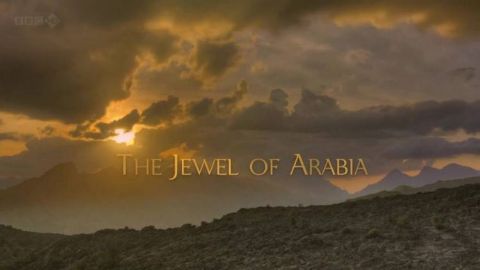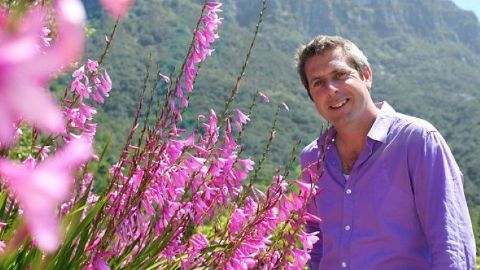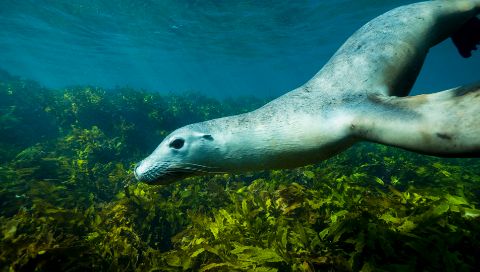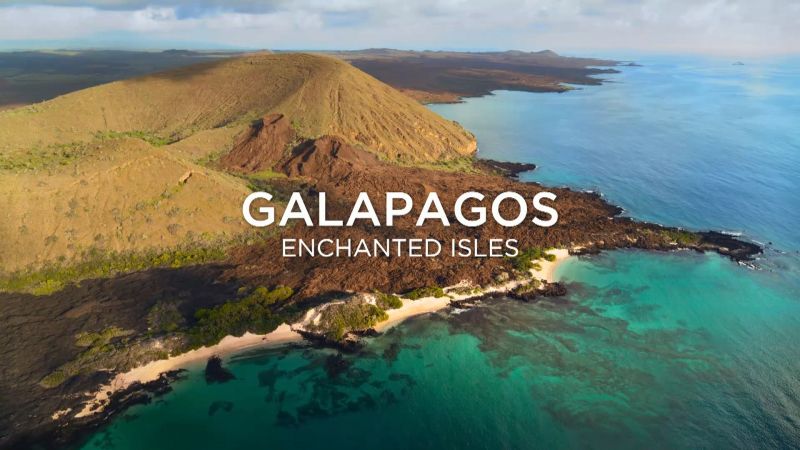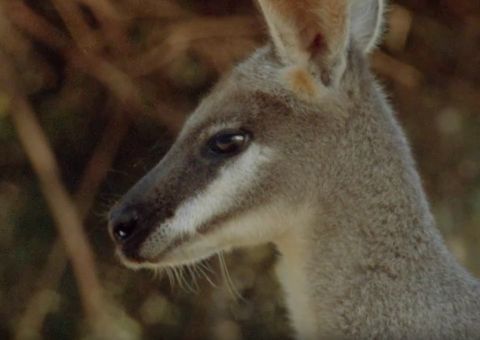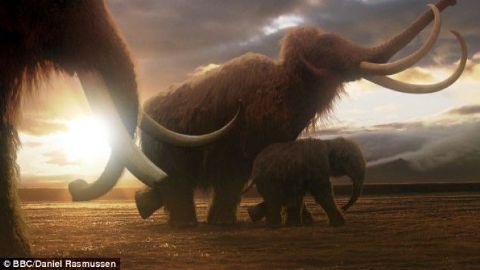Shifting Sands • 2013 • episode "S1E3" • Wild Arabia
Huge changes have swept across Arabia since the discovery of oil and the Arab relationship with nature has changed too. This is summed up by the changes to camel racing, now an ultra hi-tech sport. Arabia's animals now live alongside a very modern society but Arabia's people are using technology to protect nature: dugongs are fitted with satellite transmitters; hunting falcons chase down radio-controlled planes and the world's first carbon-neutral city is being built in the very heart of oil country.
Make a donation
Buy a brother a hot coffee? Or a cold beer?
Hope you're finding these documentaries fascinating and eye-opening. It's just me, working hard behind the scenes to bring you this enriching content.
Running and maintaining a website like this takes time and resources. That's why I'm reaching out to you. If you appreciate what I do and would like to support my efforts, would you consider "buying me a coffee"?
Donation addresses
BTC: bc1q8ldskxh4x9qnddhcrgcun8rtvddeldm2a07r2v
ETH: 0x5CCAAA1afc5c5D814129d99277dDb5A979672116
With your donation through , you can show your appreciation and help me keep this project going. Every contribution, no matter how small, makes a significant impact. It goes directly towards covering server costs.

